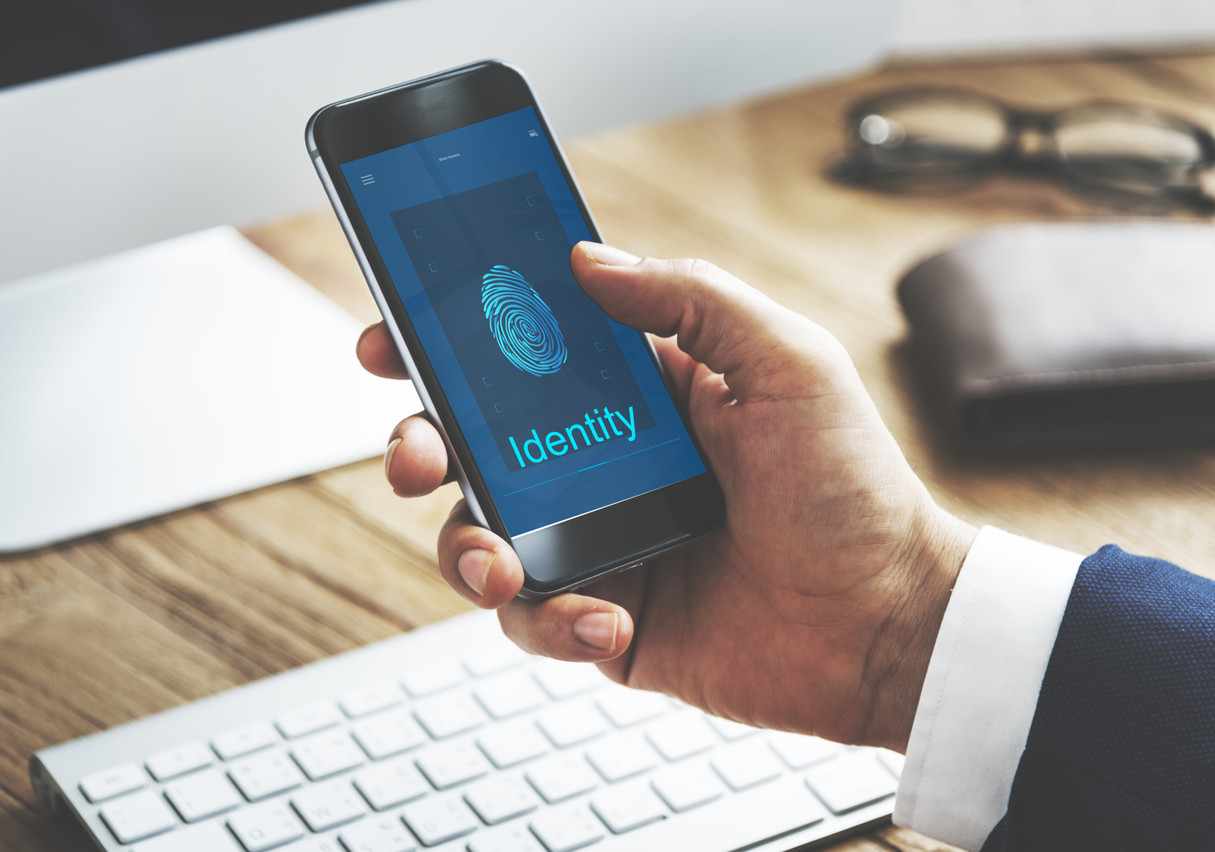This new approach of the ministry will allow it to access and benefit from working prototypes and the SnT’s expertise. The goal of their partnership is to demonstrate that technology can solve specific challenges for the public sector.
Specific areas will be targeted via a set of collaborative research contracts which should complement the work done to achieve the ministry’s objectives regarding public sector data, interoperability, digital inclusion and GovTech solutions. The first contract was signed on the same day as the agreement between the two parties. The resulting project—titled digital identities for Luxembourg--will explore the possible use of digital identity documents and digital wallets.
"In the transition to fully digitised processes, it is also up to the state to take responsibility by putting in place reliable and secure solutions that allow online procedures and transactions to be completed,” said minister delegate for digitalisation Marc Hansen (DP).
The digital identities project will aim to position Luxembourg as a digital frontrunner in the European Union. It will also take place in the framework of the European Commission’s digitalisation strategy.
Security of information is the crux of the matter when it comes to implementation. The ministry believes that this technology could be revolutionary for public administration but also for the healthcare and banking sectors.
"With the EU covid digital certificate, we are now used to showing our smartphones to certify our vaccination status. With digital identities, we will be able to certify any information, being a legal adult, having a valid driving licence or a ticket to a concert--all without revealing private information that is not needed in a specific situation. We can also do this online or in person," said Professor Gilbert Fridgen, the project's principal investigator.
Inefficient management and sharing of personal data are estimated to block around 3% of Luxembourg’s GDP according to the SnT.
